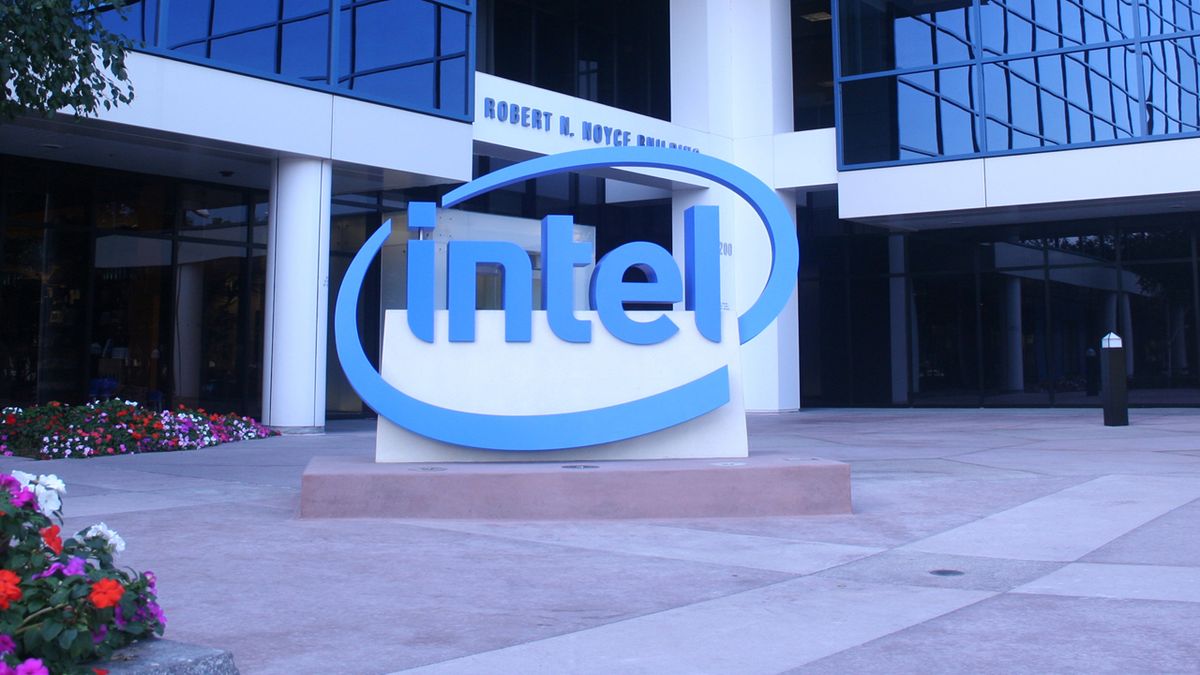Summary:
Intel Capital holds stakes in 43 Chinese technology startups, including AI and semiconductor companies.
US government scrutiny of Intel's investments stems from concerns about potential military applications of Chinese AI and chip technology.
New regulations may force Intel to divest some of its investments in Chinese companies.
Intel's operations in China are substantial, with around 12,000 employees and 27% of global revenue generated in 2023.
Intel's investment strategy reflects a desire to avoid missing out on the AI market but carries significant risks due to rising geopolitical tensions.
Intel's Investments in Chinese AI Startups: A Risky Bet Amidst US Scrutiny
Intel, a tech giant with deep pockets, has been a major investor in Chinese startups, including those working in the crucial AI and semiconductor sectors. However, this strategy has come under increasing scrutiny from the US government due to rising geopolitical tensions.
Intel Capital has stakes in 43 Chinese technology startups and has invested in over 120 since the early 1990s. These investments include $20 million in AI-Link, an AI company, and $91 million in North Ocean Photonics, an optical photonics semiconductor startup.
The US government is concerned that AI and chipmaking technologies developed in China could be used for military purposes. New regulations aim to restrict US investments in these sectors, potentially forcing Intel to divest some of its Chinese holdings.
Despite the challenges, Intel's operations in China are substantial. The company employs around 12,000 people in China and generated 27% of its global revenue from the region in 2023.
Intel's move to invest heavily in Chinese AI and semiconductor companies reflects the company's desire to avoid missing out on the rapidly growing AI market. However, this strategy carries significant risks as geopolitical tensions escalate.
The future of Intel's investments in China remains uncertain. The company will need to carefully navigate the evolving geopolitical landscape and comply with new regulations to ensure its investments remain viable.







Comments